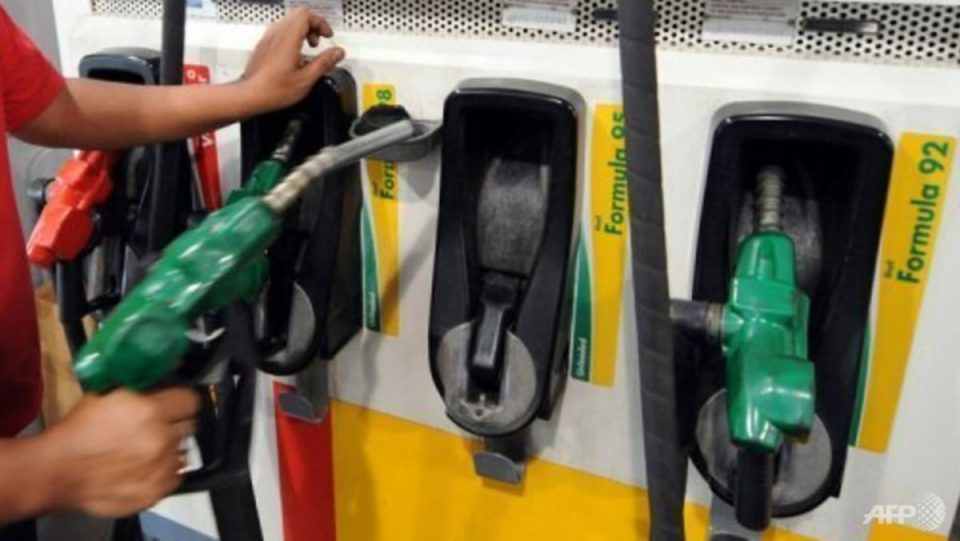SINGAPORE: Businesses across various sectors are facing increasing pressure as Russia’s invasion of Ukraine further disrupts global supply chains and pushes up prices for fuel and key food ingredients.
With Russia being one of the world’s top three oil producers, fears of supply problems have driven up global oil prices and in turn, prices at the pumps.
The conflict has also sparked fears about global grain production and the supply of edible oil.
Russia and Ukraine together account for more than a quarter of global wheat exports, while Ukraine alone makes up almost half of the exports of sunflower oil. Both are key commodities used in many food products.
Such concerns have sent basic commodity prices soaring, mirroring the crisis in energy markets. Meanwhile, already-strained global supply chains have come under further stress.
“Not only has the conflict been a source of direct disruption to trade in key commodities … but government policies and sanctions that have been introduced since the start of the conflict have forced carriers to reroute operations and carry less freight between the eastern and western hemispheres,” said a report by Moody’s Analytics this week.
With “no reprieve” in sight for global supply chains, the experts added that freight rates, delivery delays and import prices are set to rise further in the near term.
“IT HAS CAUSED A LOT OF PANIC”
Transport and delivery firms are among those taking the immediate hit, as higher petrol and diesel prices make each trip on the road more costly.
The increase in fuel costs – as much as 30 per cent over the past year – can contribute up to one-third of operating costs for smaller companies, said Singapore Logistics Association’s honorary treasurer Ken Ngan.
“With continued bunching delays and slower turnaround at gateway ports, transportation companies are incurring higher costs, having to schedule more trips to fulfil orders in a timely manner,” he added.
Air and sea freight rates are set to go up as well, with fuel surcharges, such as the sea freight’s bunker adjustment factor and air freight’s fuel adjustment factor, likely to increase accordingly with recent oil price jumps.
There is also the likelihood of liners and airlines imposing higher insurance premiums for war risk-related factors, Mr Ngan told CNA.
“The recent surge in fuel and electricity costs due to the Russia-Ukraine conflict is compounding the difficult operating environment for logistics companies, and the logistics sector expects operating costs to continue rising sharply in the short term,” he said.


